The Mandela effect explained: the definition, causes and examples
The Mandela Effect was coined in 2009 and there are some seriously mind-blowing examples out there...
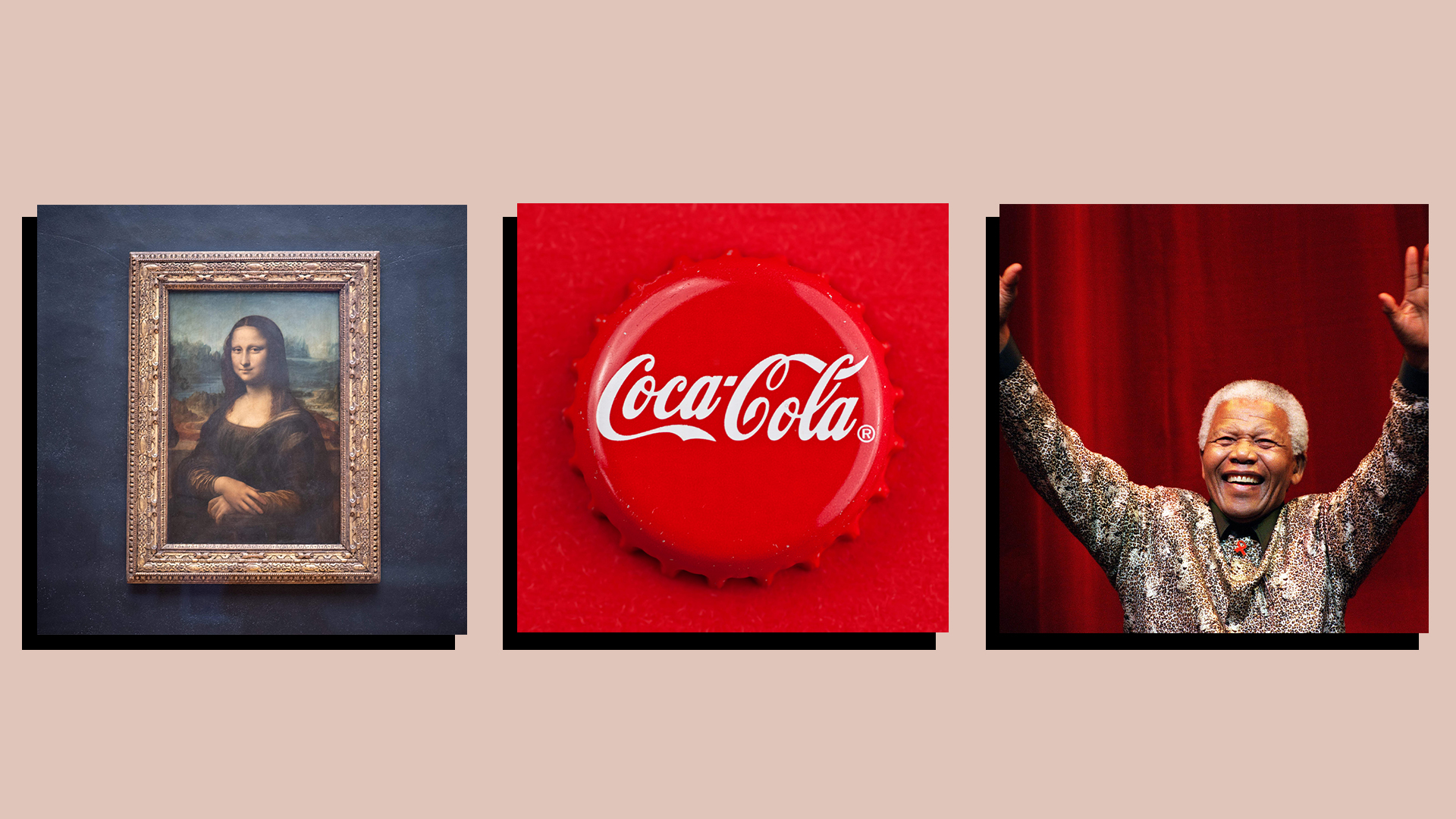

The Mandela Effect might sound like an usual concept, but there are so many moments ranging from favorite childhood cereals to much-loved classic films that might not be *quite* as we remember them.
The term Mandela Effect came about after self-described 'paranormal consultant' Fiona Broome in 2009, after she launched a website, recalling her memories of the death of former South African President, Nelson Mandela, despite him still being alive at the time. The Mandela Effect is officially defined by Medical News Today as describing “a situation in which a person or a group of people have a false memory of an event”.
Some have even termed the Mandela Effect alternatively as someone having “collective false memories”. And it’s much more common than you think, with many examples out there showing just how easy it is to believe an incorrect established “fact”.
But what is the Mandela Effect and what examples are out there? Here, we reveal all you need to know about this surprising phenomenon.
More from woman&home:
•Best air purifiers—improve air quality in your home
•Best food processors—to slice, dice and shred in seconds
Sign up to our free daily email for the latest royal and entertainment news, interesting opinion, expert advice on styling and beauty trends, and no-nonsense guides to the health and wellness questions you want answered.
•Best blenders—for making smoothies, soups and sauces
What is the Mandela Effect?
The Mandela Effect is the term given when a person or group of people all have the same false memory of an event, detail or occurrence. They may believe that a death, significant event or even a line in a TV show happened, when it didn’t.
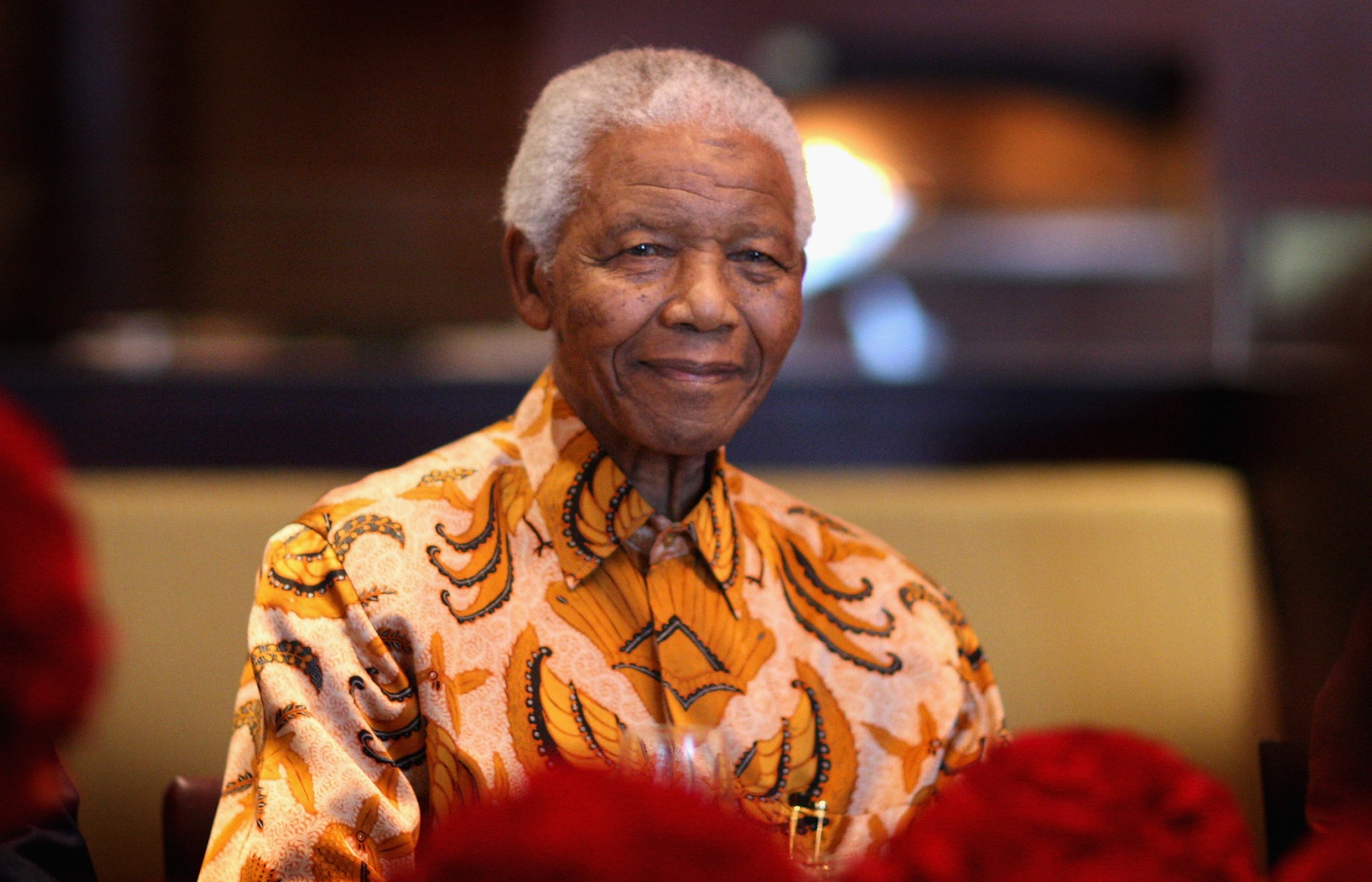
This originated as a term after Fiona Broome created a website where she detailed her recollections of Nelson Mandela dying in prison in the 1980s. In reality, he didn’t die in prison at all. Instead, Nelson Mandela served 27 years before becoming President of South Africa and later passing away in 2013.
Despite this, Fiona seemed to remember news coverage of his death in the 1980s and even claimed she was not the only one who shared this incorrect recollection.
What are the causes of the Mandela Effect?
The exact cause of the Mandela Effect has not yet been confirmed. According to Healthline.com, some doctors believe that it is a form of confabulation, or “honest lying”, whereby the person is not actively trying to deceive, but are filling in the gaps in their own memory by unknowingly creating a false memory. Whilst others reportedly perceive the Mandela Effect to be a kind of “false memory” effect, where you recall a memory that isn’t an accurate description.
This is often seen when witnesses come forward after crimes take place, but find it difficult to recall the actual details. Some false memories can contain elements of fact and could even resemble the events in question.
Medical News Today suggests that another potential cause could be priming, where someone is exposed to a particular stimulus and then this directly influences their response to a subsequent stimulus.
17 Mandela Effect Examples
1. Nelson Mandela Mandela Effect
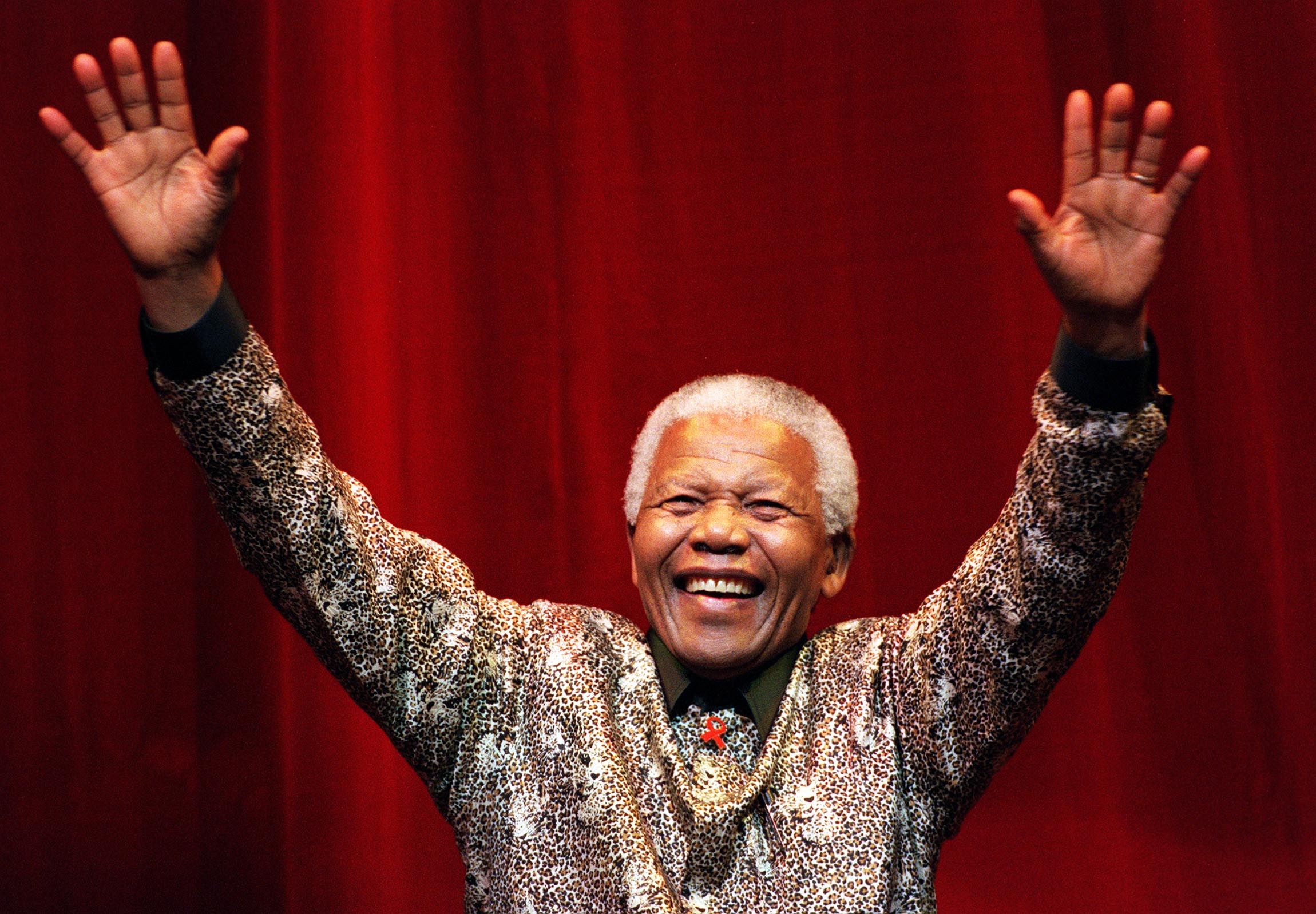
Perhaps the most prominent example of the Mandela Effect revolved around the extraordinary man for whom the phenomenon was named, Nelson Mandela. He sadly passed away in 2013, however there were reportedly some people who have distinct memories of him passing away during his time in prison in the 1980s. Fiona Broome, who coined the term Mandela Effect, has previously claimed that she and several acquaintances had memories of Mandela dying, including a televised funeral in his honor, despite the fact that he was actually still alive at the time.
2. Ford Logo Mandela Effect

It might seem like the smallest of intricate details, but it seems many people across the world have been left more than a little confused by the Ford Logo over the years. Some don’t recall ever seeing the curly wave at the end of the ‘F’ in this iconic logo and claim that it was added as part of an updated design. But they couldn’t be more wrong! The stylised ‘F’ is not a new introduction and the detail has long been part of the popular car brand’s logo. It could be that since most people see the letter F written without a fancy wave in their day-to-day lives, this has led them to remember the Ford logo as resembling this.
3. Pikachu Mandela Effect
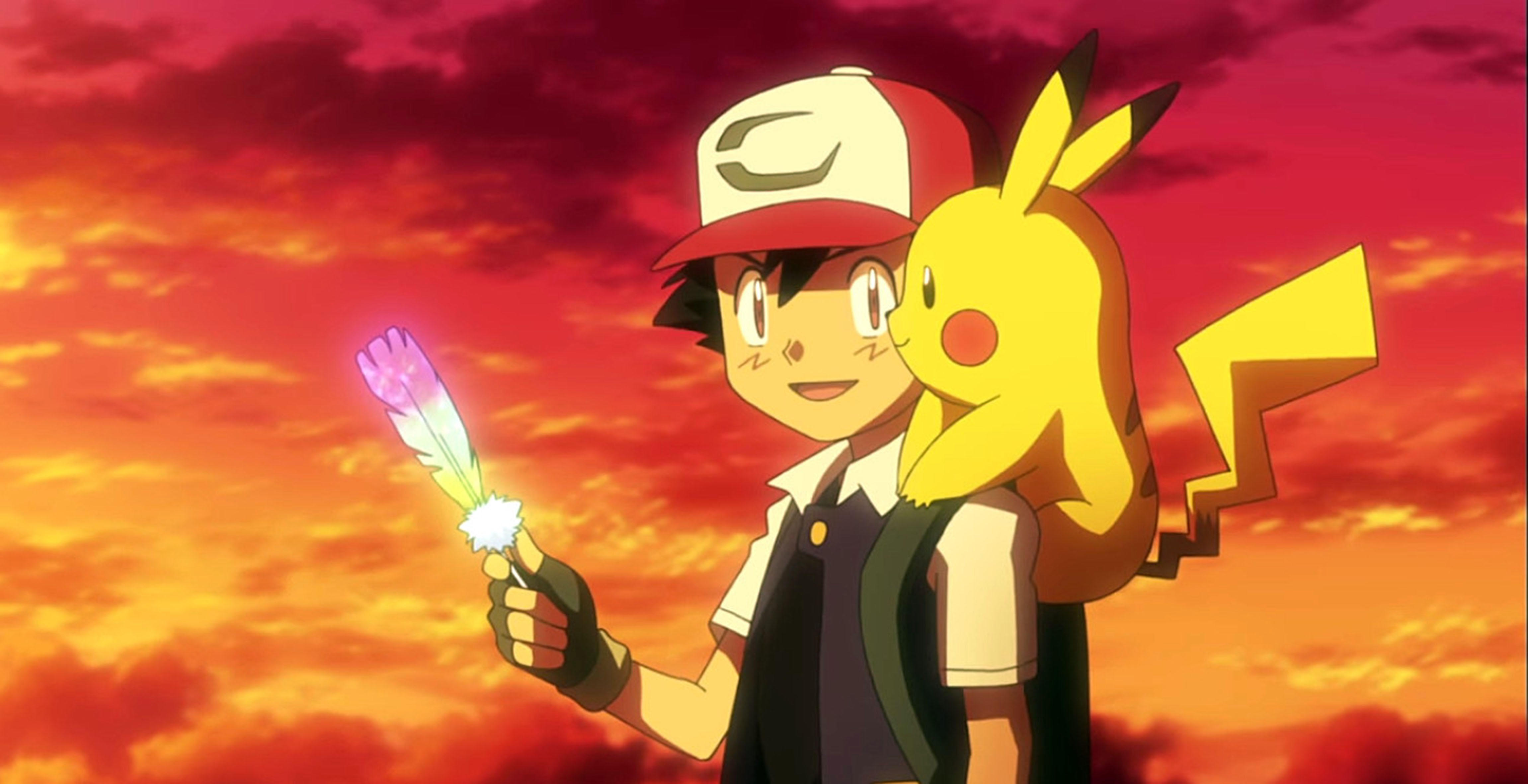
Fans of hit cartoon Pokémon will be familiar with one of the show’s most loveable characters, Pikachu. Yet despite people across the world watching the TV show over and over again since it was first released in 1997, there is one key detail that people seem to have missed. Many of us might remember Pikachu having black detailing on their lightning-bolt-shaped tail, but actually, it’s just yellow.
4. Berenstain Bears Mandela Effect
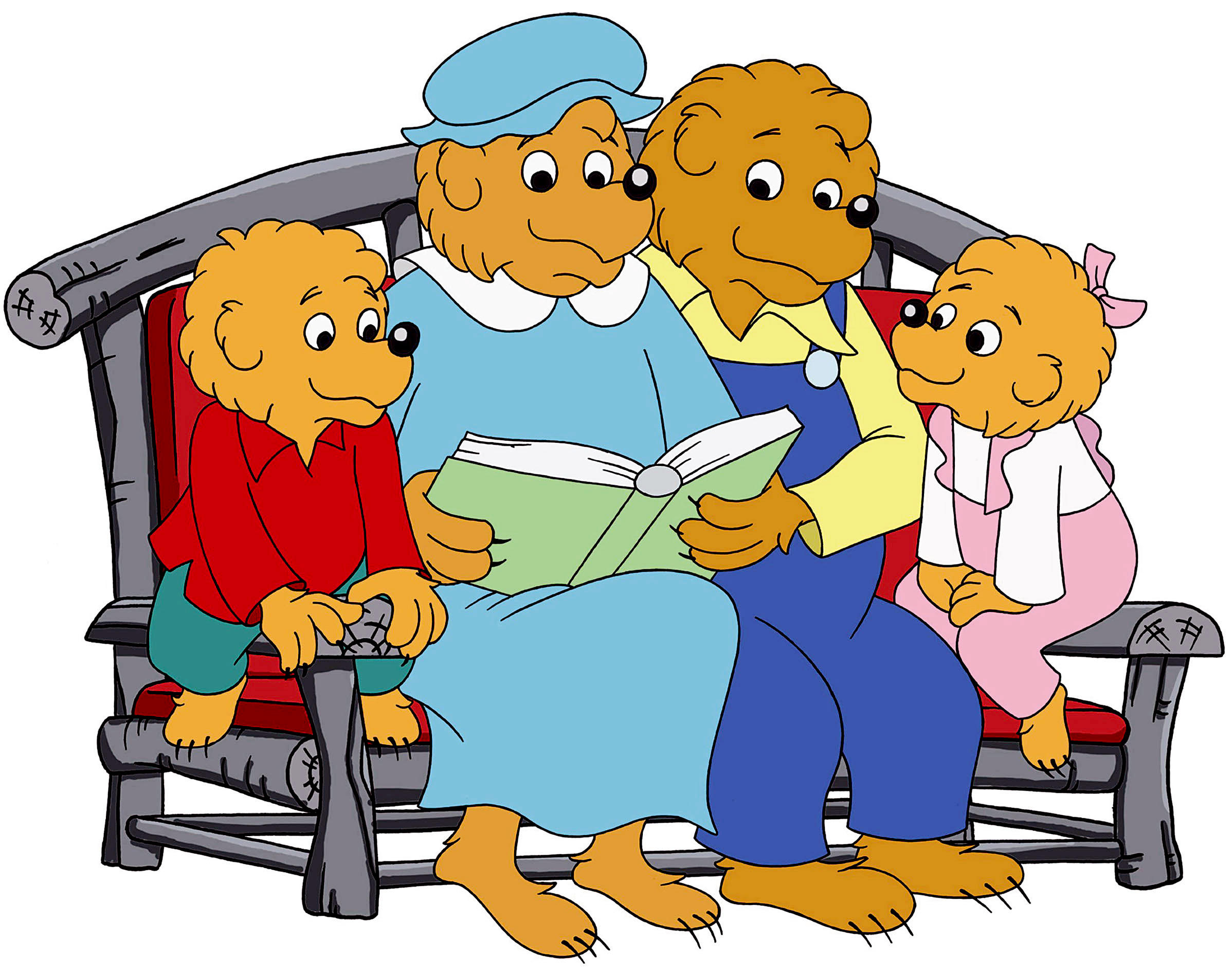
The Berenstain Bears were a beloved family of countryside bears in popular children’s books created by Stan and Jan Berenstain. And, as you might have guessed, the bears *were* named after the authors, meaning their real name was never actually The Berenstein Bears. However, this hasn’t stopped some readers from apparently believing that the ‘a’ was an ‘e’ for many years. Sadly, The Berenstein bears never existed, though The Berenstain Bears are popular and even inspired a TV series.
5. Forrest Gump Mandela Effect
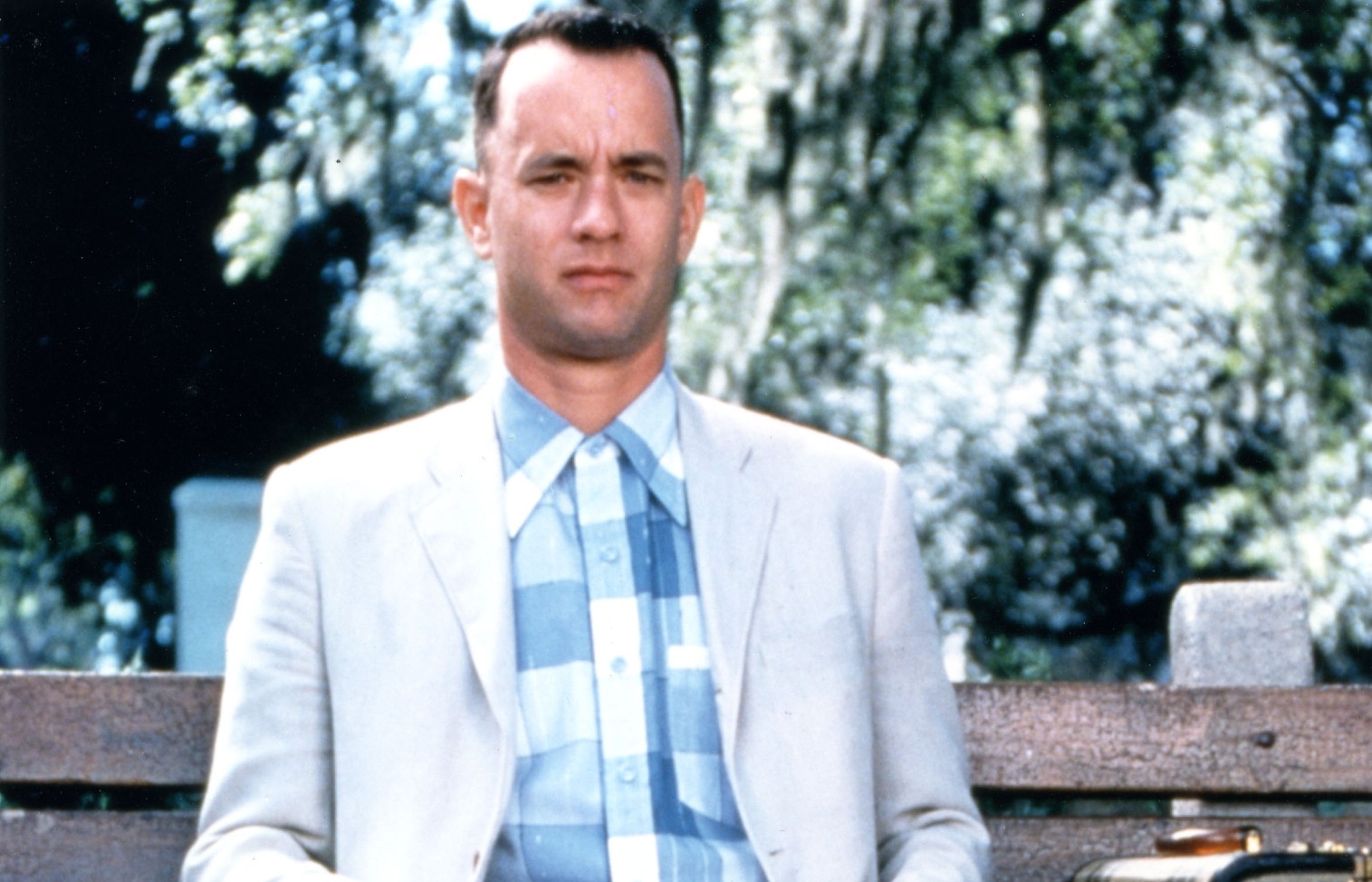
Forrest Gump’s classic line might not be exactly as you remember it, as it seems many of us have got it wrong all along. If you listen really closely, you can reportedly hear Tom Hanks’ character saying the words, “Life *was* like a box of chocolates”. So whilst fans of the film might continue to believe and quote the line as “Life is like a box of chocolates”, it’s worth knowing that Forrest’s words have evolved over time in our memories.
6. Sex and the City Mandela Effect
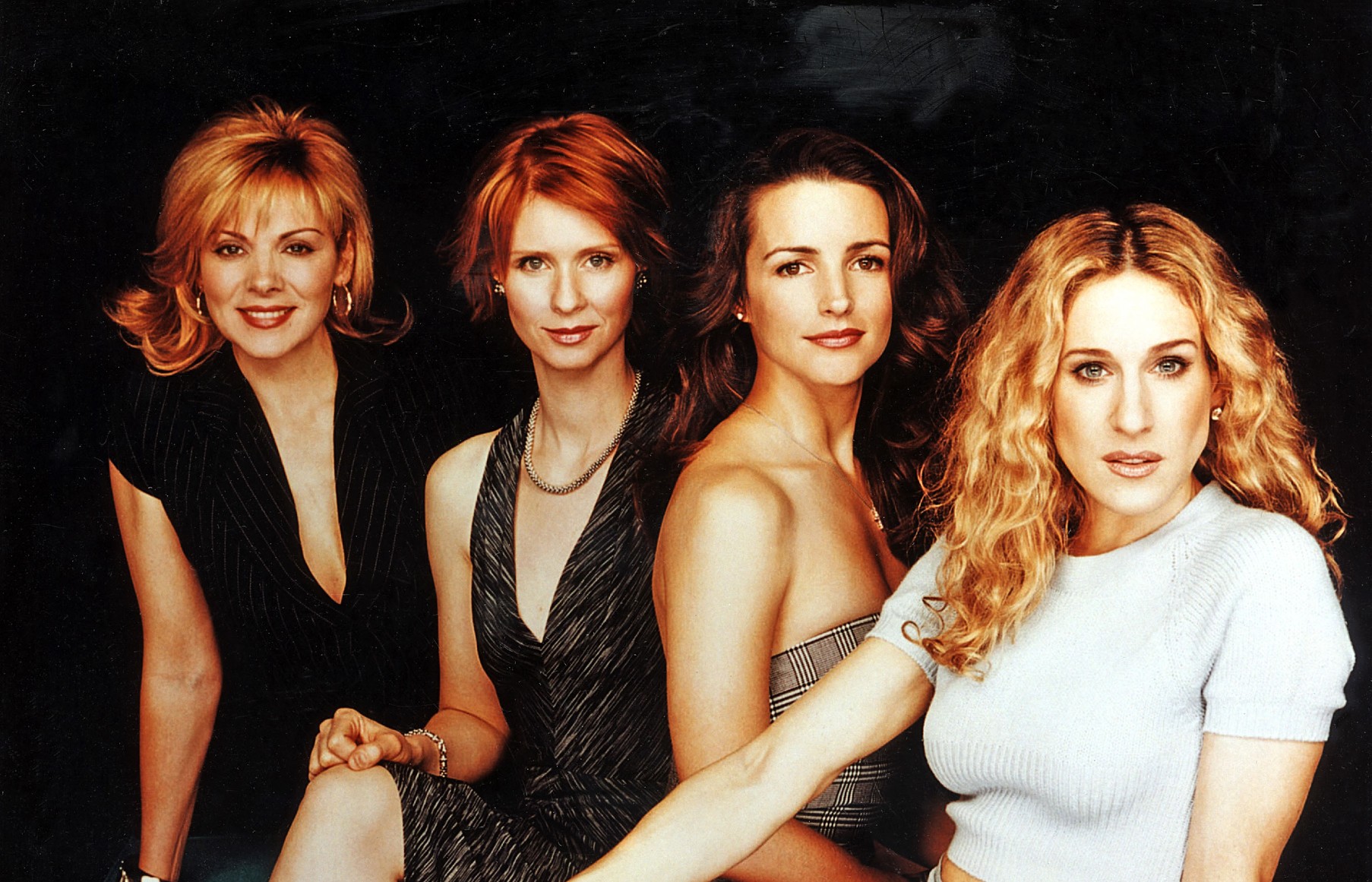
There will be people across the world eager to find out how to watch the new Sex and the City reboot which is currently filming and learn and which of their favorite characters might return. But perhaps only die-hard SATC fans only ever think of the show by its correct title, Sex and the City, rather than as Sex *in* the City, like many others. Some have reportedly even sworn they’ve seen ‘Sex in the City’ merchandise, but the show has only ever had it’s current title.
7. Mona Lisa Mandela Effect
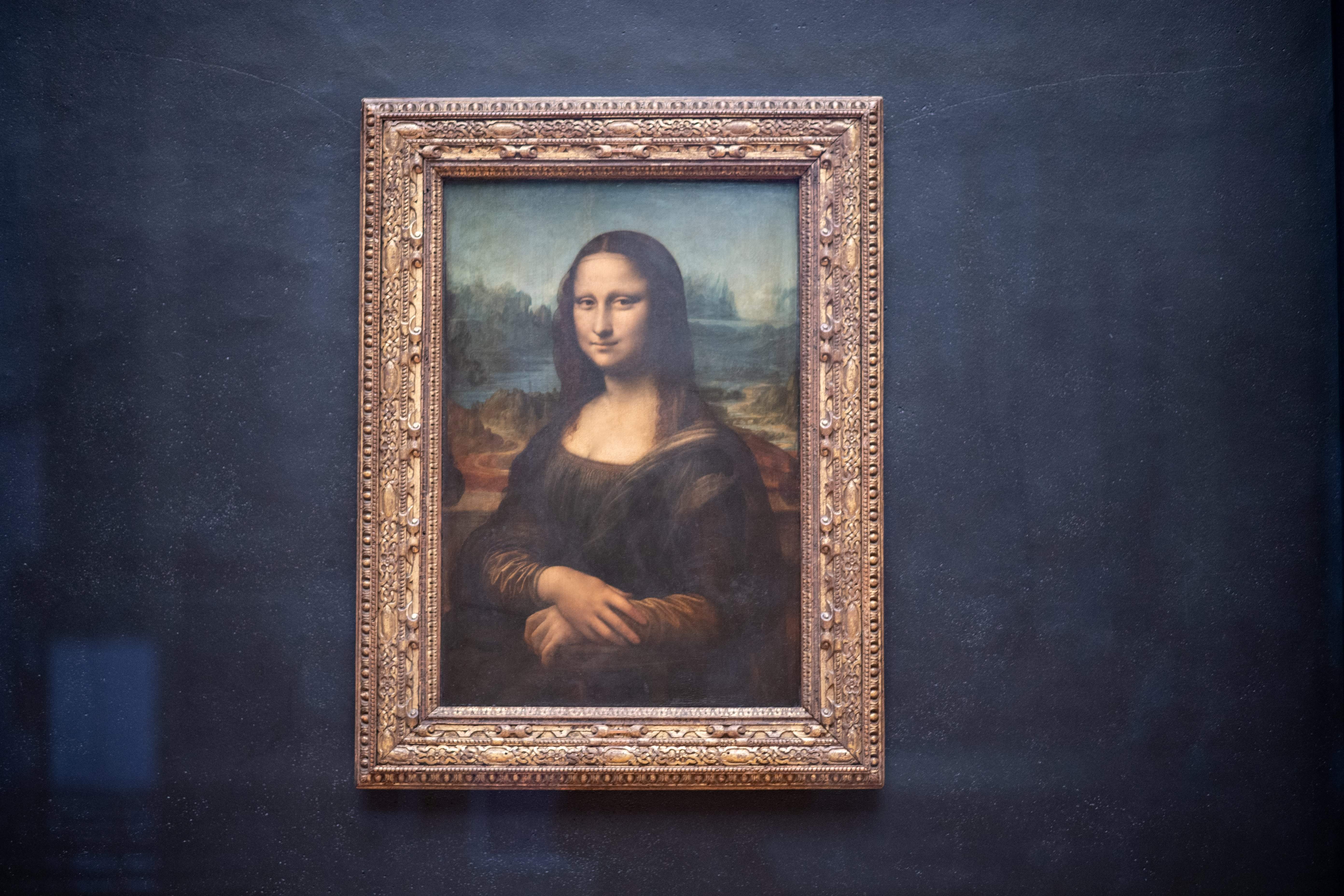
This might come as a surprise to many art enthusiasts, but it’s understood that some people out there have claimed that Mona Lisa used to have a more prominent smile in the Leonardo Da Vinci painting. There might be many theories surrounding the famous artwork, but this might be the most unusual yet!
8. Froot Loops Mandela Effect
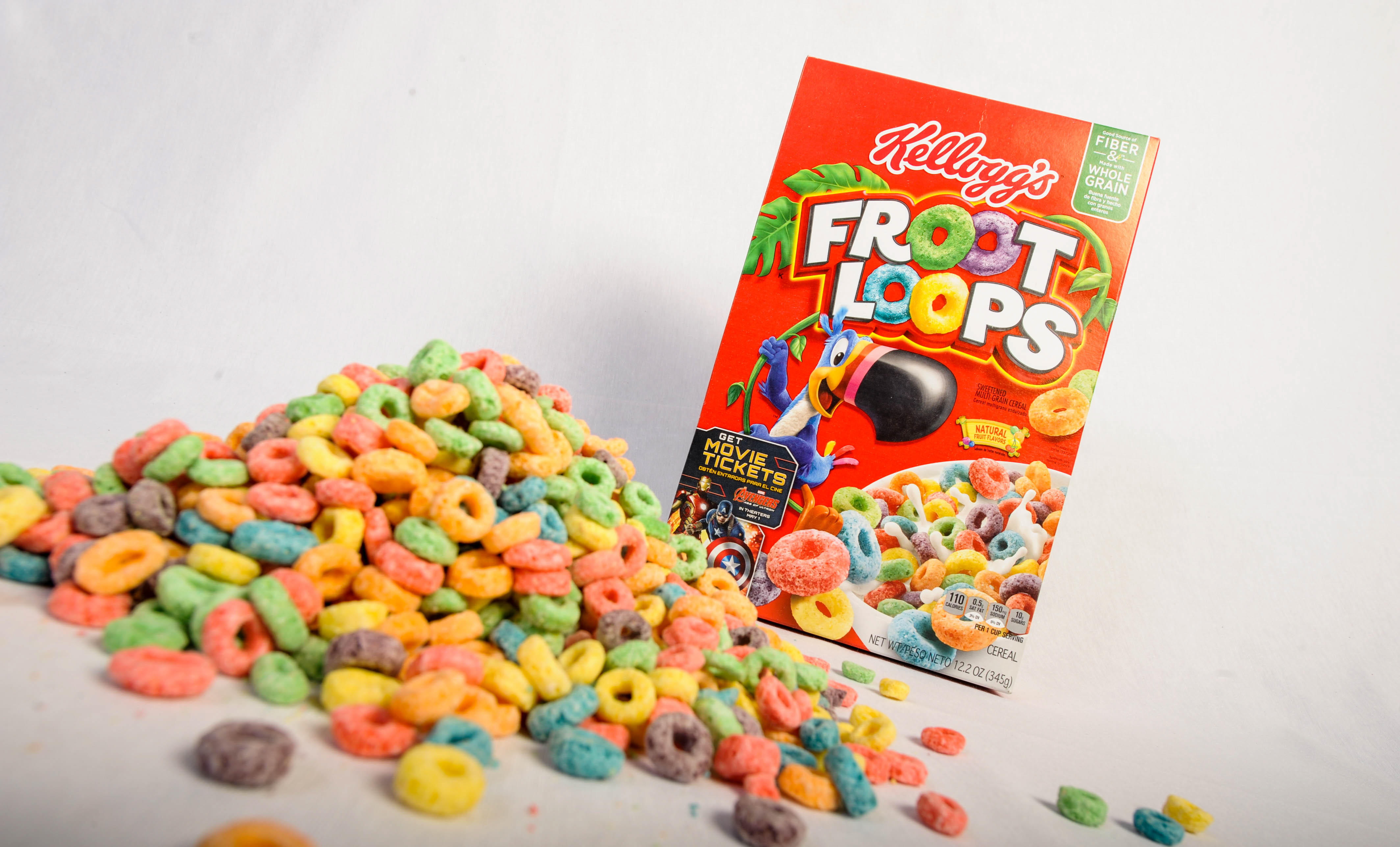
Froot Loops have been a popular children’s cereal choice for many years. And whilst our minds might naturally rearrange the letters in the product’s name, the brand has always been spelt 'Froot Loops' and not 'Fruit Loops'. So it seems that when it comes to breakfast options, some people have been grown up automatically correcting the name's spelling without even realizing it.
9. Monopoly Mandela Effect
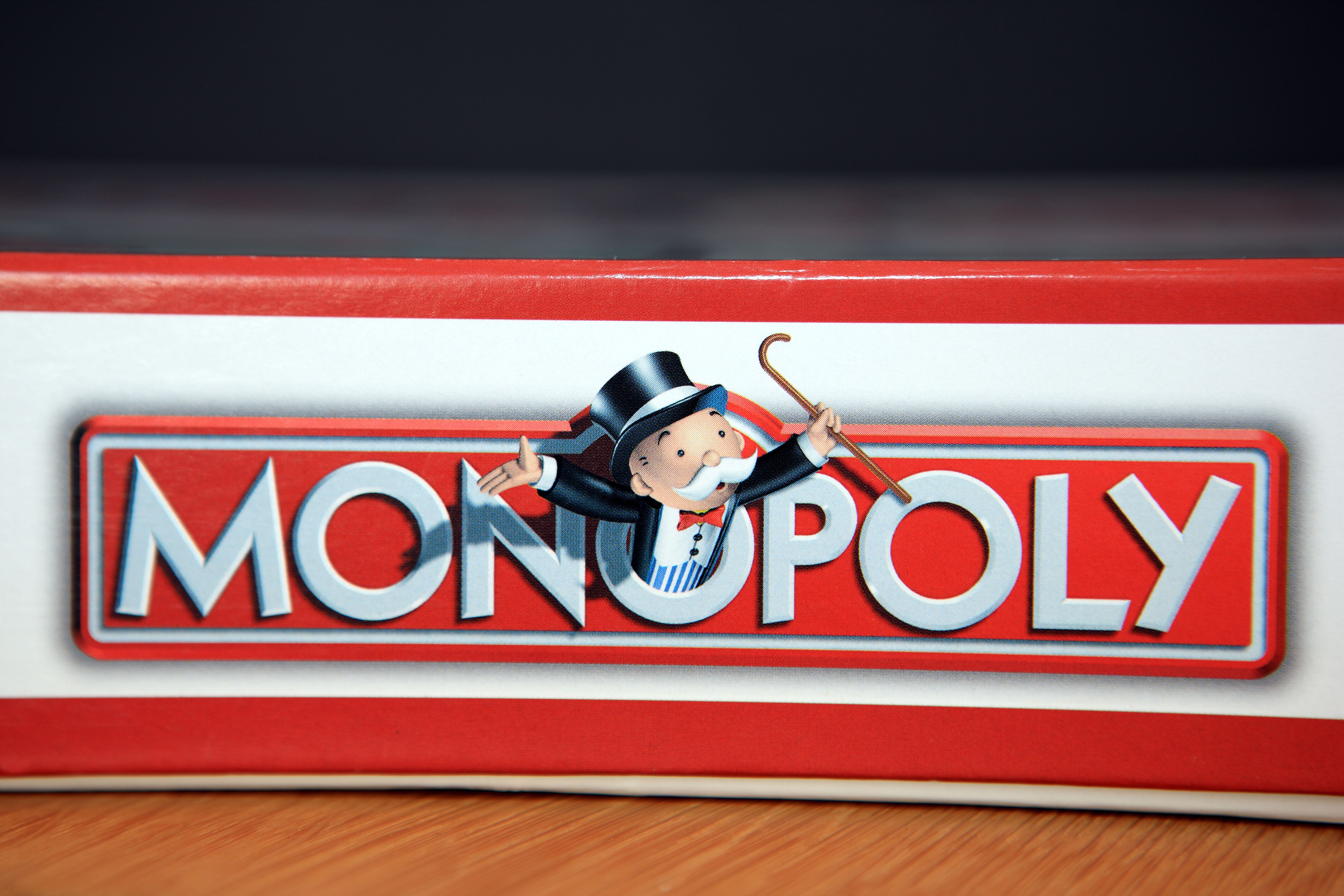
Anyone who has ever settled down to play a game of Monopoly has an instant mental picture of the Monopoly Man character. However, your impression might not be the right one after all as he never did have a monocle. Some have allegedly suggested that confusion between the Monopoly Man and Planters peanut company mascot, Mr Peanut, is the cause of this. Whatever the truth of the matter, we’ll never look at Monopoly the same way again!
10. Star Wars Mandela Effect
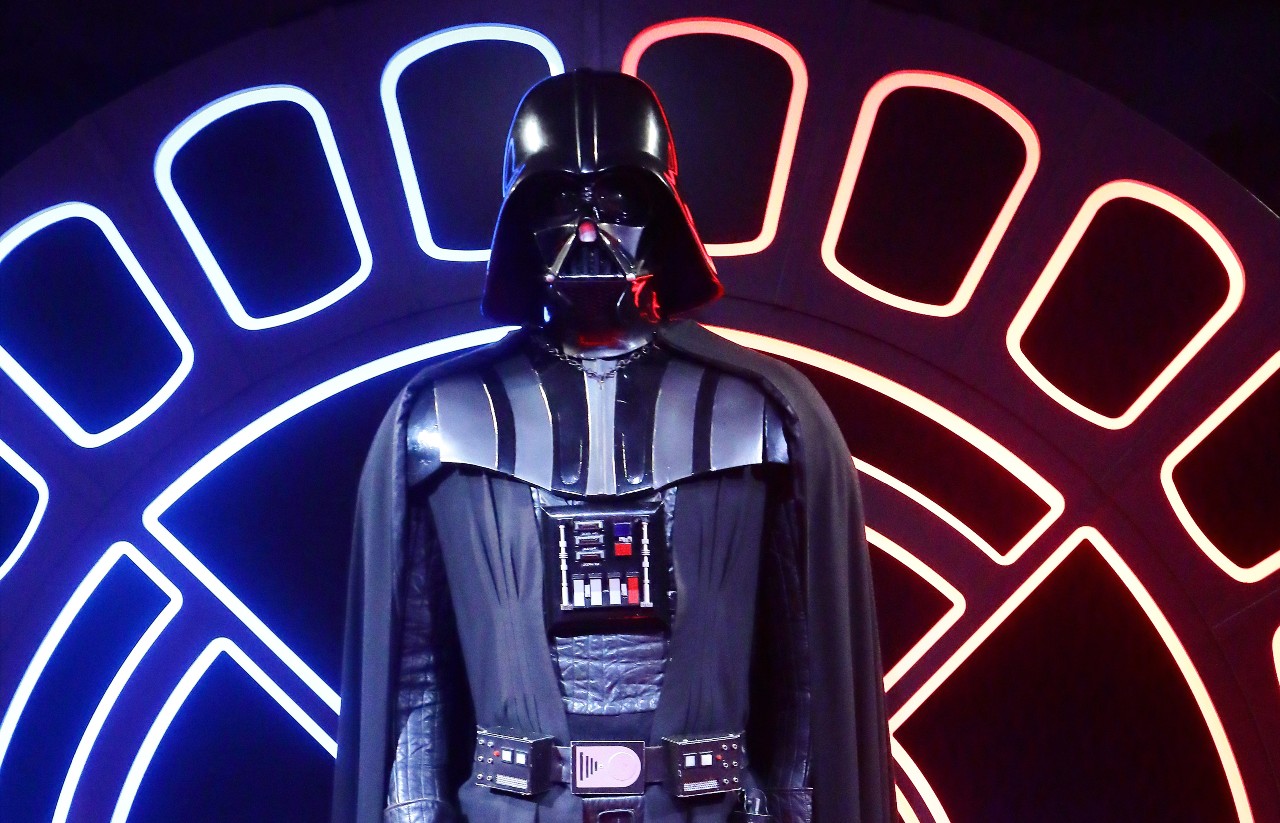
Perhaps one of the most quoted lines from any film franchise ever is Darth Vader’s dramatic reveal to Luke in Return of the Jedi. Though thousands of fans out there would remember the lines as, “Luke, I am your father”, that’s not actually what the Sith Lord said. Instead, Darth Vader told his son, “No, I am your father”. If that doesn’t make you want to re-watch the classic film to make sure, nothing will.
11. Looney Tunes Mandela Effect
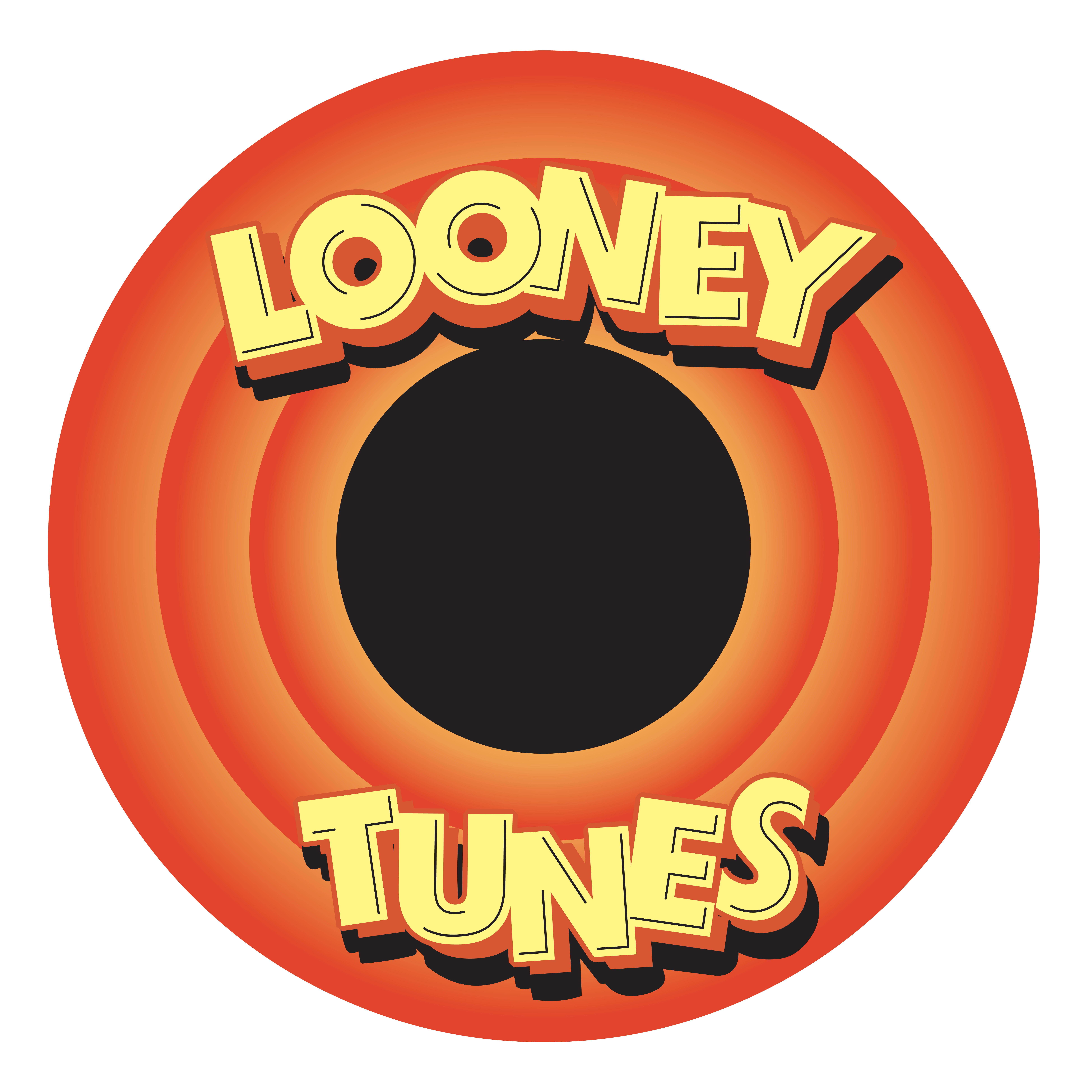
Yet another children’s TV show example of the Mandela Effect in action comes with the ever popular Looney Tunes. Featuring everyone’s favorite cartoon rabbit, Bugs Bunny, amongst many others, it might come as a shock to some to learn that the show is called Looney Tunes, not Looney Toons. Given that ‘Toons’ is thought to make more sense given that it’s a shortened version of ‘Cartoons’, it’s not clear why they went for the alternative spelling, but that’s the way it’s always been.
12. Coca-Cola Mandela Effect
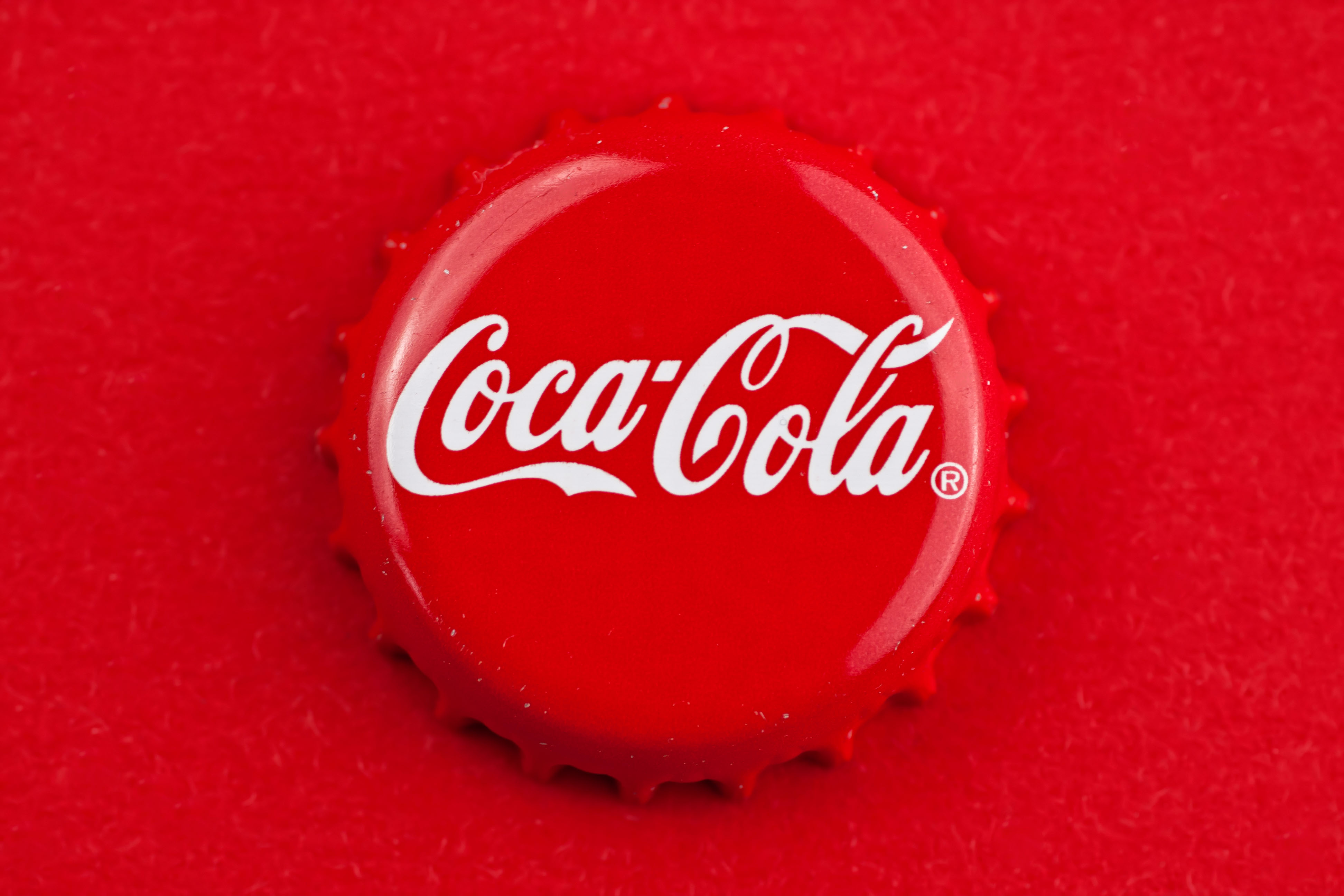
Coca-Cola is one of the most instantly recognizable drinks around, but some people remember the logo very differently. Many might not recall seeing the hyphen between the words ‘Coca’ and ‘Cola’ before, but it seems that this has been the case for many years and is not, in fact, a new design feature that's slipped underneath the radar...
13. Lord of the Rings Mandela Effect
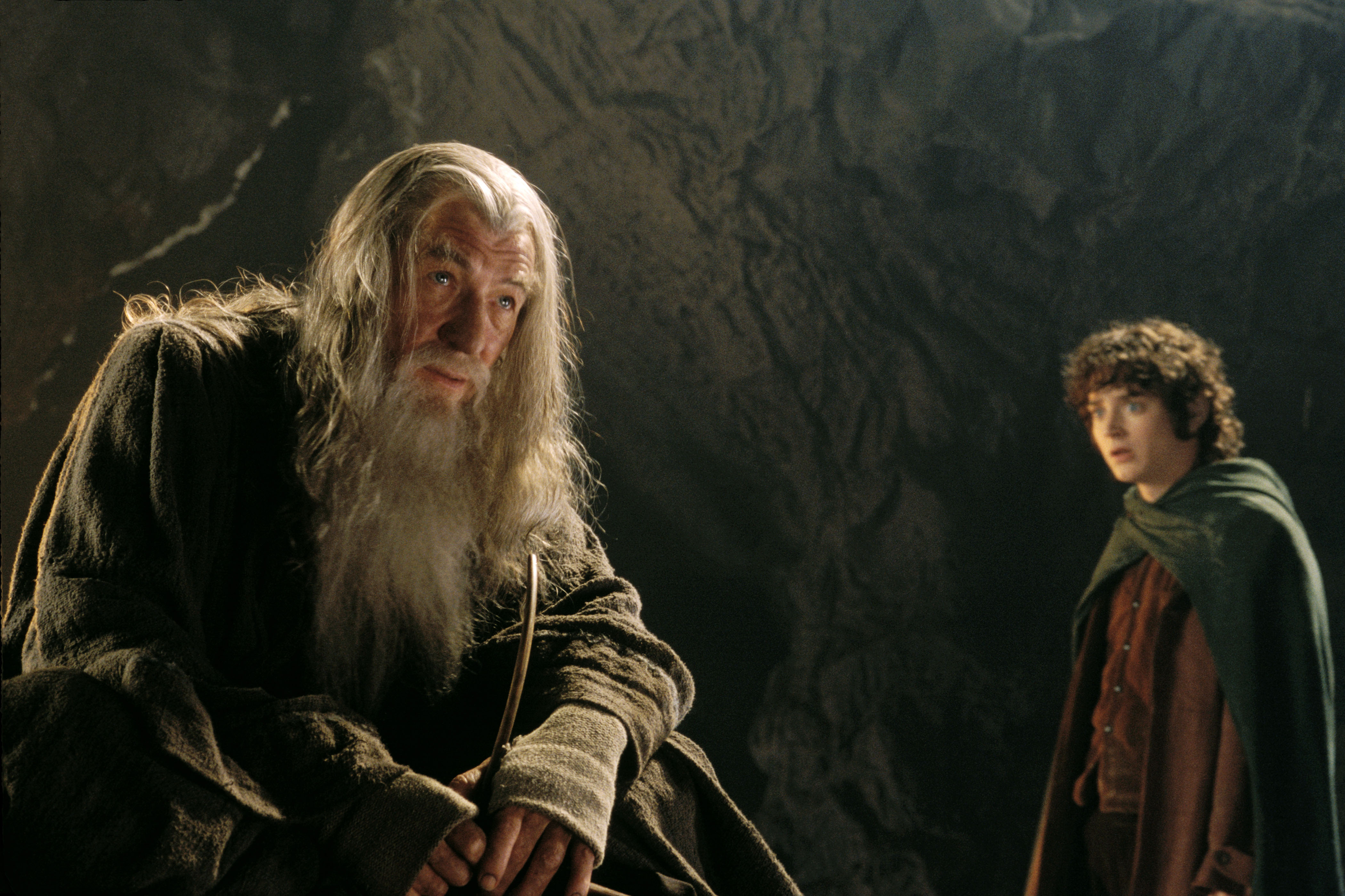
Just like Star Wars, the film adaptations of J.R.R. Tolkien's Lord of the Rings trilogy certainly captured audiences’ imaginations. Though it seems we were all too engrossed in the action to notice that we might’ve been quoting one line wrong all this time. In The Fellowship of the Ring, wizard Gandalf fights off the magical demon, the Balrog, in the Mines of Moria, only to fall seemingly to his death from a stone bridge. Barely holding on, he whispers one last message to his fellow adventurers, believed by many to be, “Run, you fools”. In reality, he actually says “Fly, you fools”, though the meaning remains the same.
14. Curious George Mandela Effect
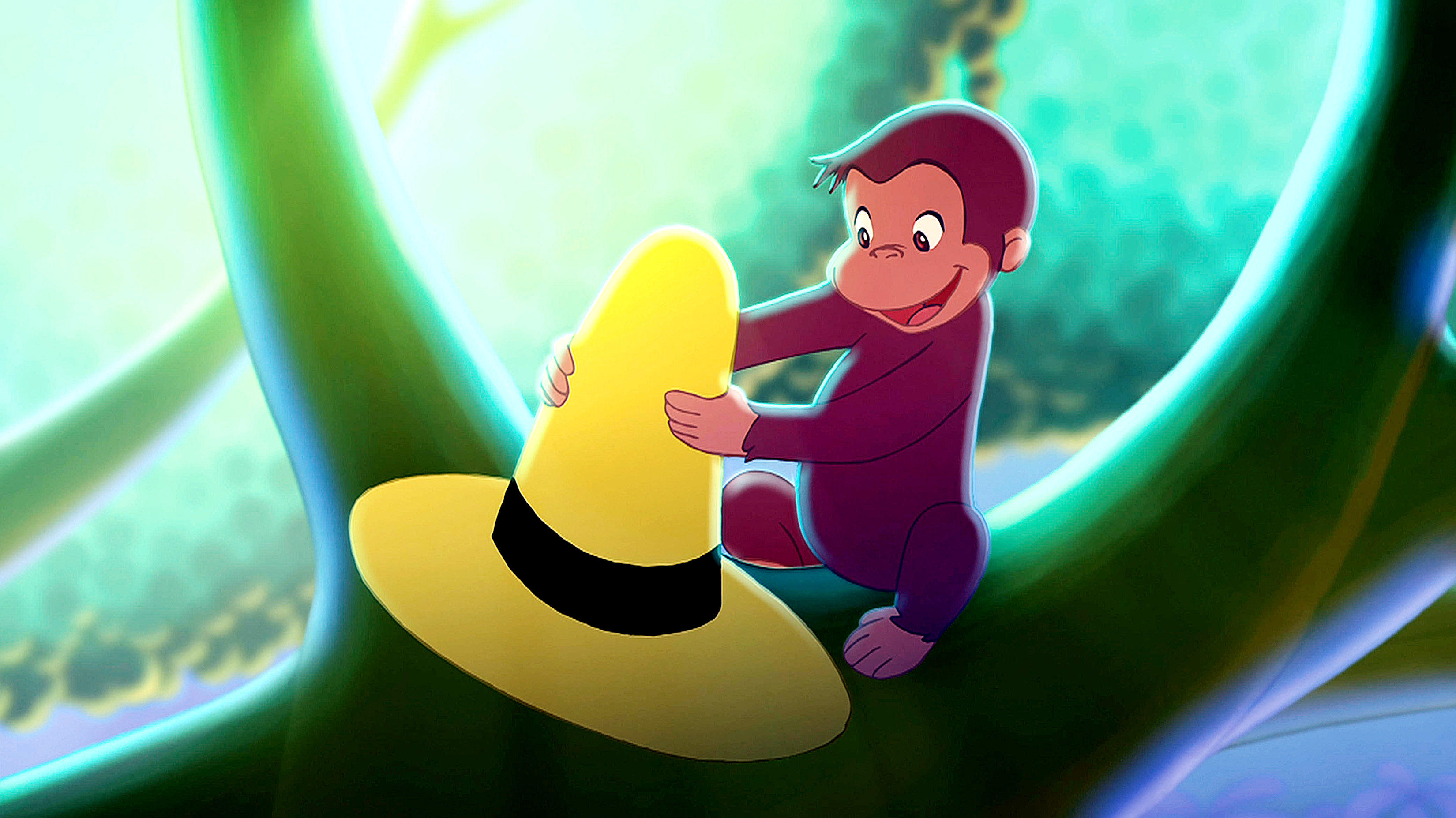
Even everyone’s favorite curious monkey, George, has not escaped the Mandela Effect. As a monkey it’s perhaps to be expected that George has a form of tail to help him balance, like all real-life monkeys do. But when it comes to this cheeky character, that’s all completely misremembered on the part of the audience, because he has always been tail-less.
15. Mother Teresa Mandela Effect
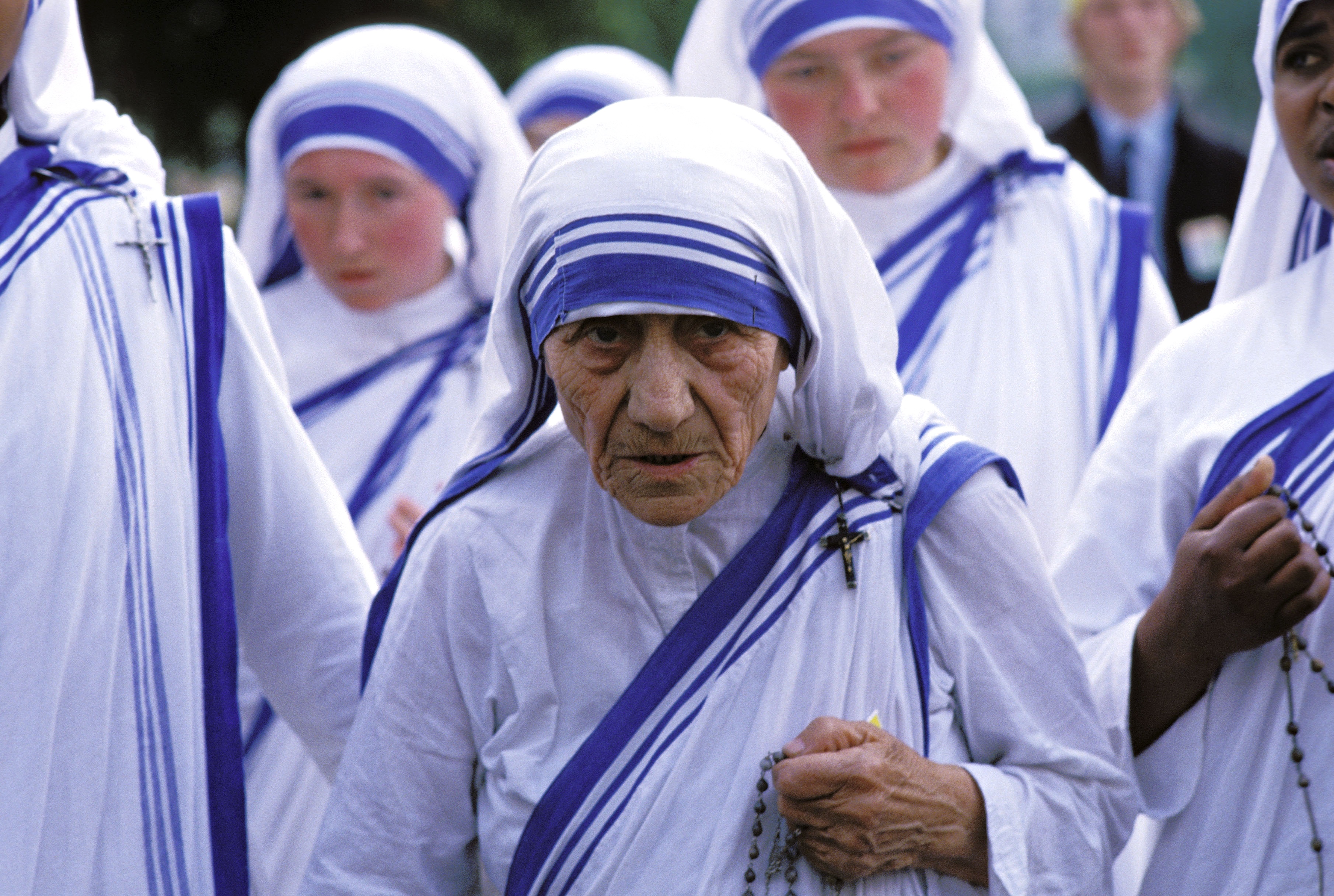
Mother Teresa is known across the globe for her humanitarian efforts, though it seems she wasn’t canonized by the Catholic Church as early as some think. It’s said that some people recall her becoming a saint in the 1990s, when she was still alive. However, the canonization of Mother Teresa actually took place in 2016 following her sad passing.
16. Snow White Mandela Effect
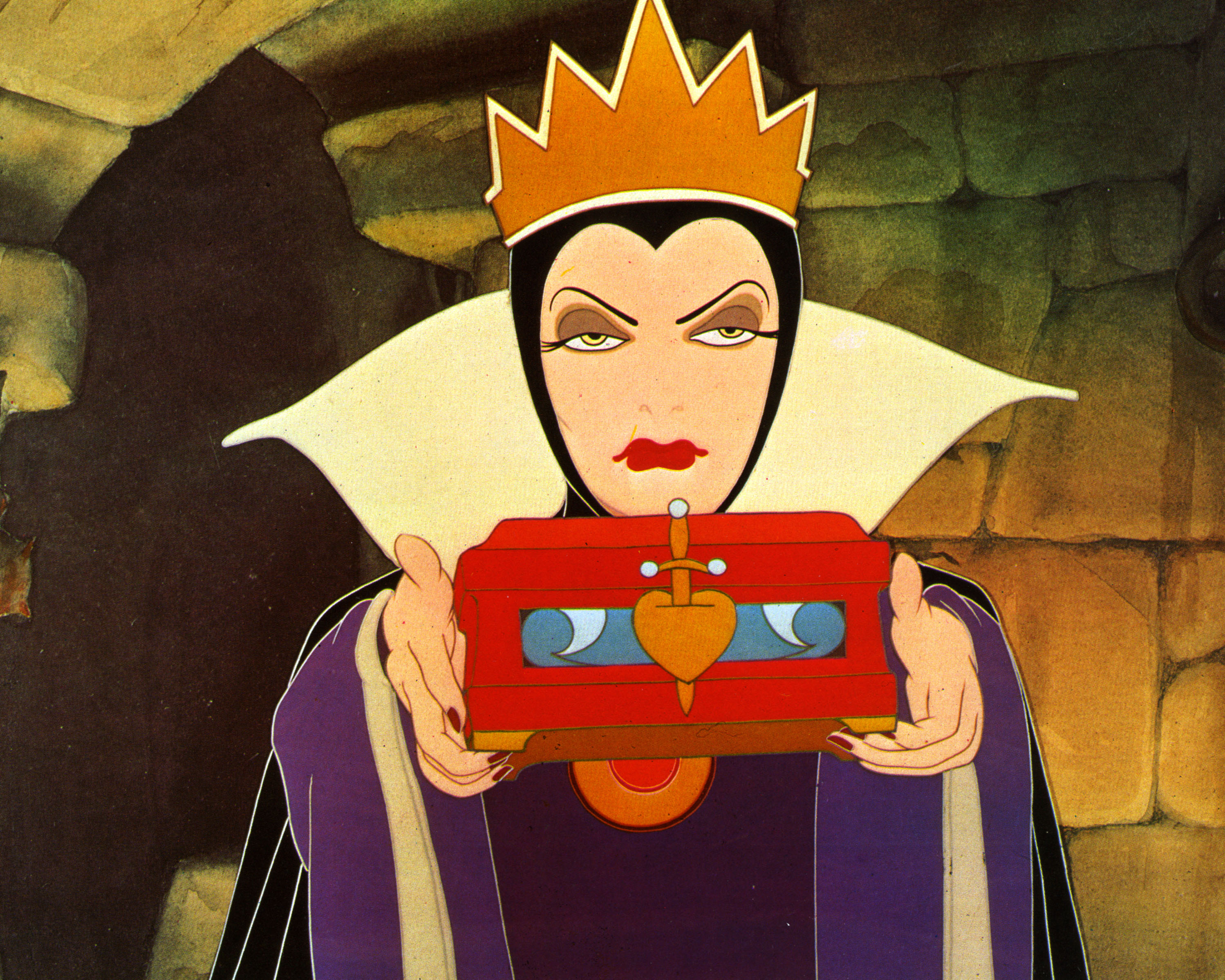
Disney fans might know the opening question spoken by the Evil Queen to her magic mirror by heart, but have you really been saying your own version? In the Snow White and the Seven Dwarfs film, the Queen actually says, “Magic mirror on the wall…” as she begins her classic question. But there are people out there who remember it slightly differently as the more famous, “Mirror mirror on the wall”. Either way, this scene remains as dramatic as ever.
17. KitKat Mandela Effect
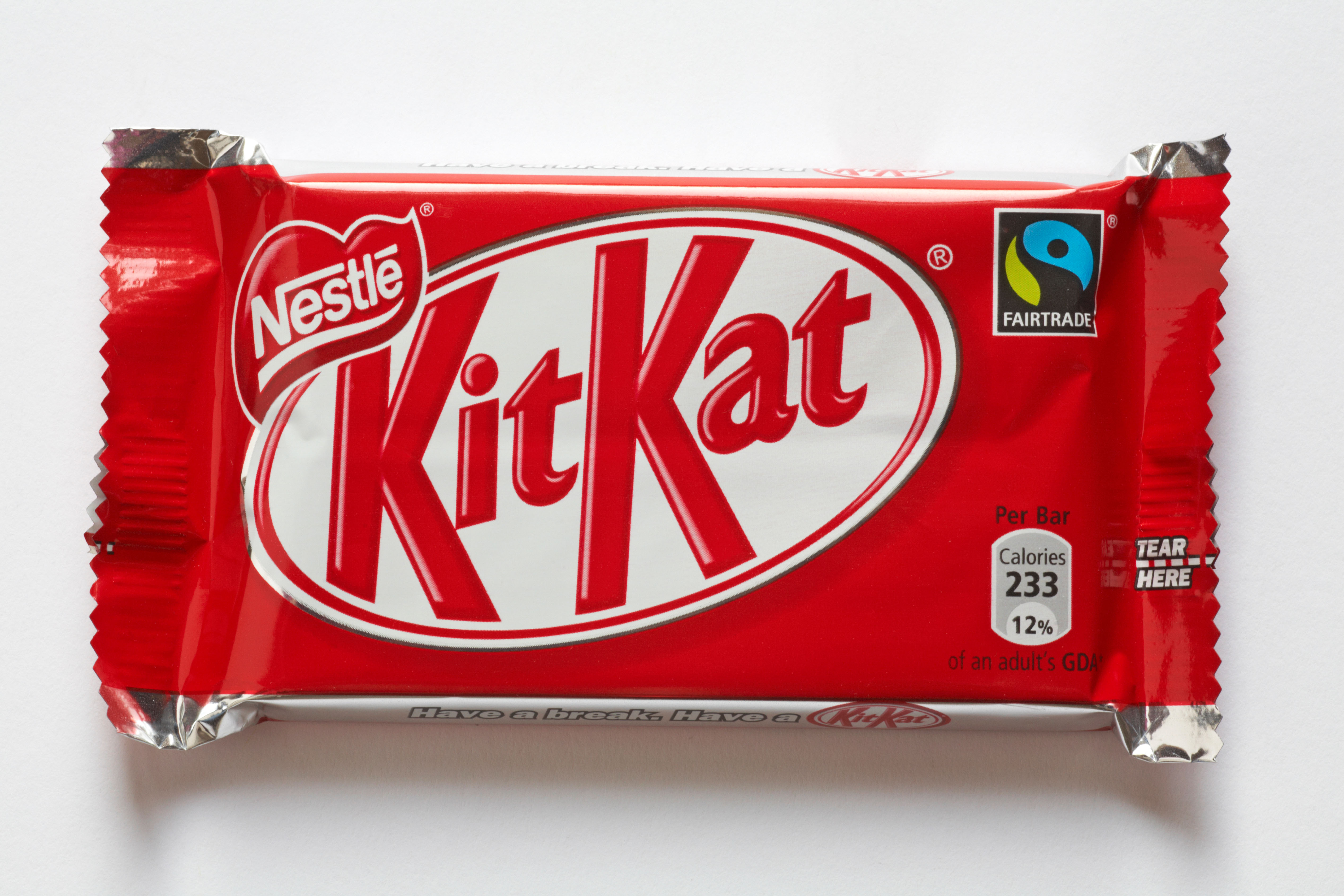
We might have all enjoyed one of these delicious chocolate bars over the years, but if you’ve always thought of the brand as ‘Kit-Kat’ you’re not alone. Sadly, this hyphen is yet another example of the Mandela Effect and has never been there in the name or logo. The correct way to spell it is simply KitKat.
Emma is a Royal Editor with eight years experience working in publishing. She specialises in the British Royal Family, ranging from protocol to outfits. Alongside putting her royal knowledge to good use, Emma knows all there is to know about the latest TV shows on the BBC, ITV and more. When she’s not writing about the latest royal outing or unmissable show to add to your to-watch list, Emma enjoys cooking, long walks and watching yet more crime dramas!
